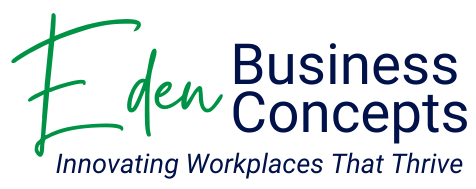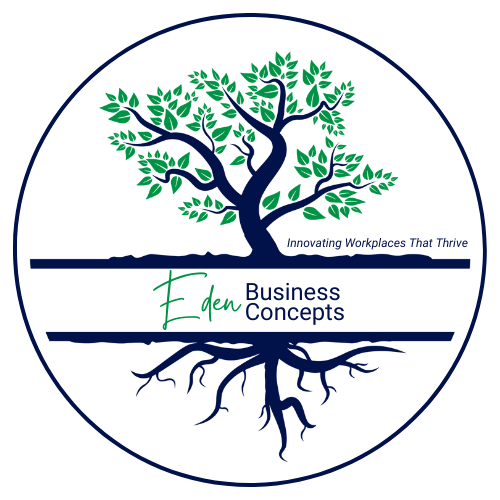Three different conversations:
Her glance tells you that she doesn’t agree with you. A vague sense of disrespect gnaws at your gut.
He keeps looking over your shoulder and around the room, making him seem disinterested in your story. You must not be all that important to him. Intimacy is unsafe in this conversation.
As he tells you about his latest travel schedule you feel your body stiffen, fear begins to stir in your heart at the thought of being alone for another week. Pain begins to seep over you.
What’s driving those emotions?
Respect and Significance, Value and Worth, Belonging and Comfort—one of these three categories is a root motivation for you, perhaps even an entitlement. You know the power of your motivation when it isn’t provided. A fear of failure, a fear of disregard, or a fear of pain shows up to highlight your need for respect, value, or comfort.
These root motivations operate at an instinctual level, and they drive our responses to others. A comment, a look, a tone, a silence can be interpreted as a slight to our entitlement. These accumulate over several interactions and begin to color our perception of the other person’s intention toward us.
As a leader, these motivations are an underlying foundation for our entire leadership style. For example, if we are not aware that we need to be right, need to avoid failure, need to have clarity so that we feel competent and respected, then we will interpret other’s responses to us as either good or bad, right or wrong, based on a gut level sense of this entitlement, rather than on the other’s need for connection and validation. The more we feel disrespected, the harder it is to listen and empathize with someone who disagrees with us, and the harder it is for us to learn from them, and to motivate them in a positive way.
A key skill in effective leadership is learning how root motivation shows up in your relationships and conversations. When you see how it affects your communication and decisions, you can learn to harness positive alternatives, using your knowledge to make wise choices, and your skills to move ideas along the most productive path.
An entitlement to respect can transform into a source of wisdom.
An entitlement to value can transform into a passion to inspire others.
An entitlement to not be abandoned can transform into becoming a compassionate connector.
This kind of knowledge into your inner self is an invaluable tool for becoming a leader who thrives, leading others to thrive, and creating a workplace that is dynamically more enjoyable and productive.
Written by John D. Erickson



